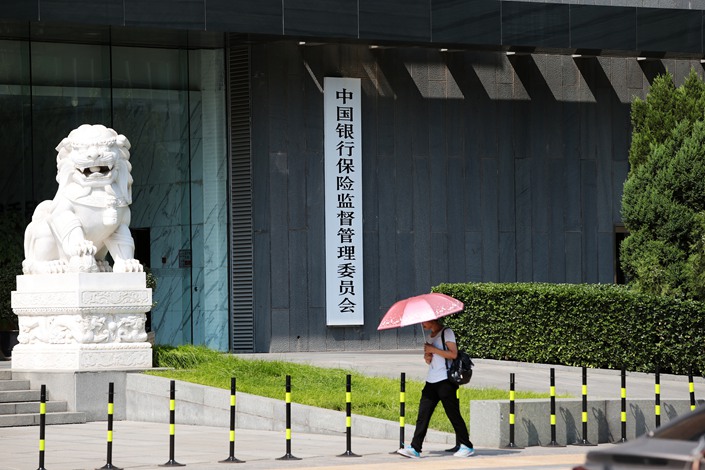(ATF) China has approved the setting up of a distressed asset manager – the first such approval in over 20 years, as the country sees a sharp pick up in bad loans in the wake of the coronavirus outbreak.
Beijing has decreed that Jiantou Citic Asset Management Co Ltd will be converted into an asset management company under the name China Galaxy Asset Management Co Ltd.
Earlier, regulators said that Chinese banks’ non-performing loans had piled up to 3.3 trillion yuan (about US$471 billion) by the end of February. The ratio of NPLs had risen to 2.08% of total loans from 2.03% in the previous month.
China’s existing four national asset managers – China Great Wall, China Orient, China Huarong and China Cinda, were established in 1999 to buy, manage and sell off a total of 1.4 trillion yuan of NPLs from the big four state-owned commercial banks after the Asian financial crisis in the late 1990s.
“The distressed asset management industry is becoming more competitive. We forecast that the market share of the big four in the traditional distressed asset management industry will fall by up to 10% from the current 90% now,” said Harry Hu of S&P Global.
“New competition arises from local AMCs (59 in total as of the end of 2018), asset management arms under bank groups, foreign entrants and this latest move to create the fifth national level distressed asset manager,” he said while noting that impairment charges, lower margins, and volatile market conditions will continue to cloud the earnings outlook for the D-AMCs.
Non-performing loans in the country’s banking and financial institutions – excluding those in Hubei Province – reached 3.3 trillion yuan, with the bad loan ratio standing at 2.08%, up 0.05 percentage points from a month ago, Xinhua said on Tuesday.
Xiao Yuanqi, chief risk officer of the China Banking Regulatory Commission, said the increase was on account of the spread of the coronavirus but described the rise as controllable.
Xiao said China had rolled out a string of measures to ease corporate burdens, including tax and fee cuts as well as targeted monetary measures, all of which will help increase market liquidity and support companies to tide over the difficult period.
The Commission approved China Galaxy Assets Management Co, which will be overseen by national authorities.
Central Huijin Investment Company Ltd, the Ministry of Finance and the National Social Security Fund will own 69.04%, 29% and 1.884% stakes in China Galaxy respectively, Fitch Ratings said.
“Fitch expects the establishment of China Galaxy could tackle rising NPLs in China over the past several years. Moreover, since 2018, the central authorities have also asked the original big four AMCs to refocus their main business to NPL workouts,” Terry Gao of Fitch Ratings said.
Huarong: 5-trillion yuan in bad debts
Huarong Securities said in a report that non-performing loans in China’s financial sector amounted to about 5 trillion yuan, including 2.24 trillion yuan in the banking industry.
“The move could be a sign the government is ready to step up efforts to tackle the estimated 5 trillion yuan ($714 billion) pile of non-performing loans (NPLs) stuck on the balance sheets of the country’s financial institutions,” Caixin Global said in an article published on Wednesday.
Jiantou Citic was set up in 2005 and is 70% owned by Central Huijin Investment Ltd, an investment arm of China’s sovereign wealth fund, Caixin said. Citic Securities Co Ltd, the country’s biggest full-service investment bank and a unit of state-owned Citic Group, owns the rest.
“No new national Asset Management Companies (AMCs) have been established since then, although since 2014, regulators have approved more than 53 local AMCs, mostly state-owned, which have the right to buy NPLs directly from banks in their own provinces,” Caixin said.
























